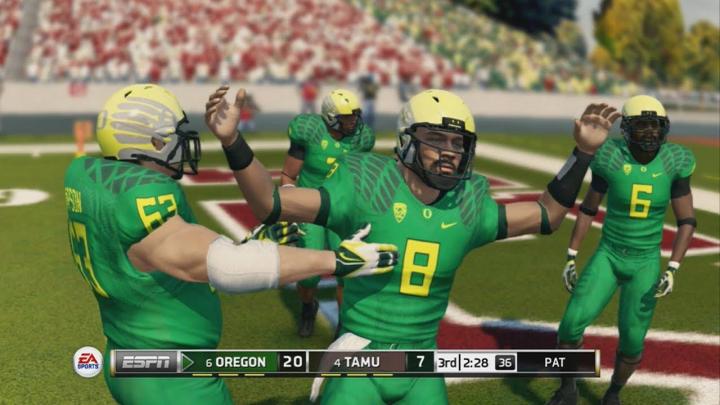
“I’m pleased to be part of a landmark effort that will get student-athletes paid for the first time in history,” remarked Steve Berman, one of the plaintiff’s attorneys, in response to judge Wilken’s approval. Wilkens only orally approved the settlement on Thursday. Once she formally does so on paper, there will be a 30-day objection period for appeals to be filed. If the process proceeds unhindered, payment could start going out as early as September, according to Berman.
Over 20,000 claims have already been made, and other eligible athletes now have until July 31 to join by submitting a claim here. Players who appeared in EA Sports NCAA games between 2003 and 2014 are potentially eligible for up to $7,200. The precise payout for each player depends on a number of factors, including the year and whether their name, photograph, or jersey appeared in the game. The potential pool of claimants consists of 111,174 real roster football players and 21,309 real roster basketball players who appeared in EA Sports games during the relevant time period. Current football and men’s basketball players who were active during that window are also able to file a claim without losing their NCAA eligibility. As of last week over 400 current athletes have joined the lawsuit.
The lawsuit began in 2009 when former UCLA basketball forward Ed O’Bannon called B.S. on the NCAA’s policy of not paying student athletes anything in order to maintain the amateur nature of collegiate athletics. O’Bannon and his legal team contended that this violated the Sherman Antitrust Act and the players’ right of publicity. The policy of not paying student athletes was formed in a very different media environment, before television and licensing revenue transformed college athletics into an industry worth billions of dollars. Meanwhile, EA pays nearly $35 million every year to the NFL Players Union for using its athletes’ names and likenesses. O’Bannon’s suit snowballed into a class action, which EA and the NCAA fought tooth and nail (even turning on each other) until agreeing to settle in 2014 when Judge Wilken ruled that the NCAA’s policy was in fact an antitrust violation.
More recently, comedian John Oliver used his platform of HBO’s Last Week Tonight to draw attention to the issue with a story about the often terrible working conditions forced onto high-level college athletes. It featured the lawsuit, culminating in a particularly scathing trailer for a parody video game, March Sadness 2015:


